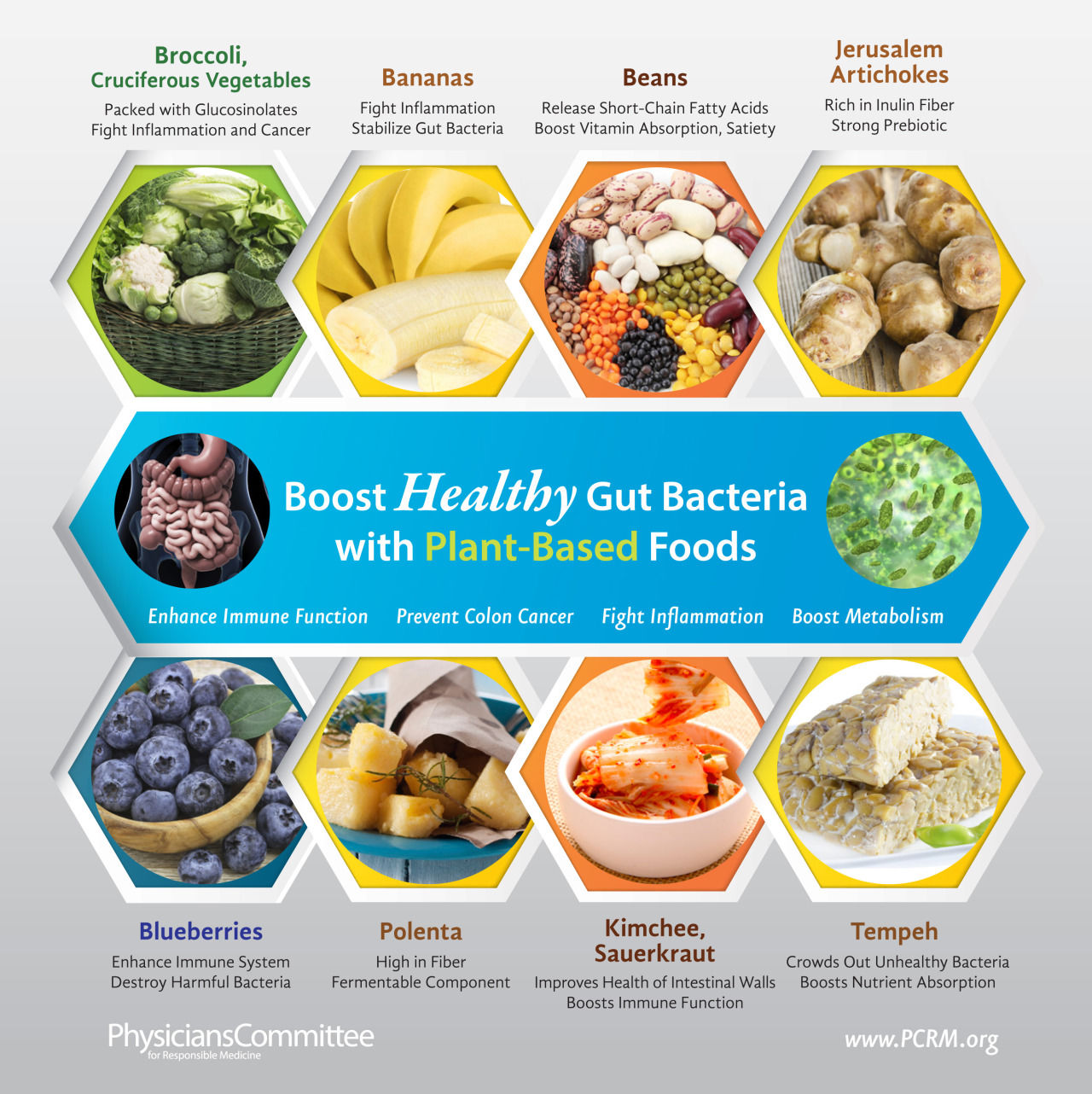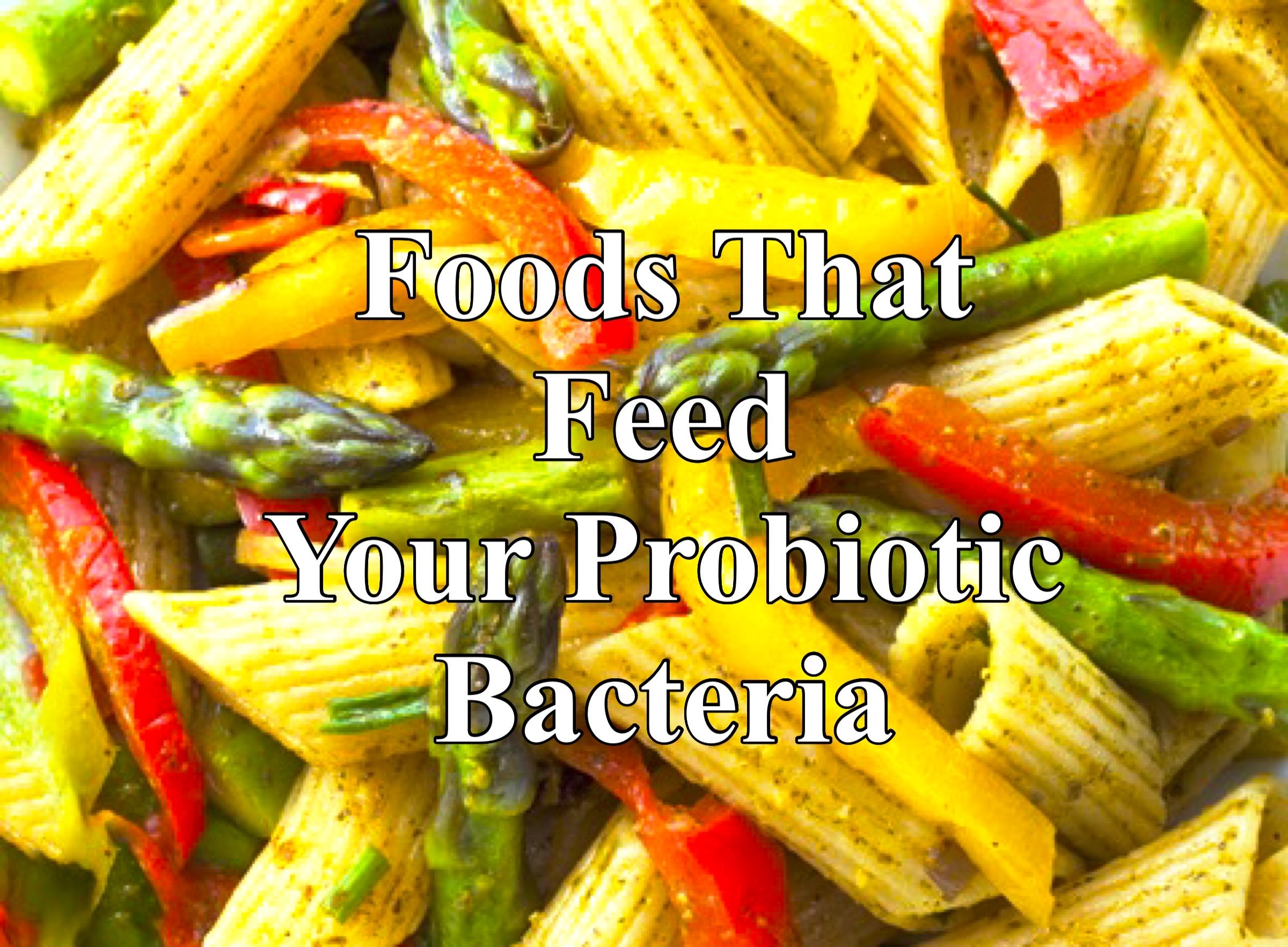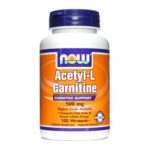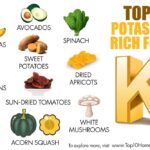Harnessing the Power of Probiotics: Foods that Boost Your Gut Health

Harness the power of probiotics: foods that boost your gut health
In recent years, the concept of’ friendly bacteria’ has gain significant attention due to its profound health benefits. These beneficial microorganisms, oftentimes refer to as probiotics, play a crucial role in maintain a healthy gut, boost immunity, and enhance overall advantageously being. In this article, we’ll delve into the world of friendly bacteria, will explore foods rich in probiotics, and will provide practical tips to will incorporate them into your diet.
Understand friendly bacteria
Friendly bacteria are live microorganisms that confer health benefits when consume in adequate amounts. They principally reside in the gut, where they help balance the gut microbiota, aid digestion, and protect against harmful pathogens. Common strains of friendly bacteria include Lactobacillus And Bifidobacterium , both of which are wide use in probiotic supplements and foods.
The importance of a healthy gut
- Digestion: Probiotics help break down food, make nutrients more accessible and aid in the synthesis of vitamins.
- Immune function: A healthy gut microbiota strengthen the immune system, reduce the risk of infections and diseases.
- Mental health: The gut brain axis highlights the connection between gut health and mental advantageously being, with probiotics potentially reduce symptoms of anxiety and depression.
Foods rich in friendly bacteria
Incorporate probiotic rich foods into your diet is an excellent way to support your gut health. Hither are some top foods to consider:
1. Yogurt
Yogurt is one of the near popular sources of probiotics, particularly those contain live and active cultures. Opt for plain yogurt without add sugars for maximum benefit.
2. Kefir
Kefir is a fermented milk drink pack with a diverse range of beneficial bacteria and yeast. Its tangy flavor is both refreshing and nutritious.
3. Sauerkraut
Sauerkraut, make from fermented cabbage, is rich in probiotics and vitamins, make it a healthy addition to any meal.
4. Kimchi
A staple in Korean cuisine, kimchi is a spicy ferment vegetable dish know for its probiotic content and health benefits.
 Source: healthnutnews.com
Source: healthnutnews.com 5. Miss
Miss is a traditional Japanese seasoning make from fermented soybeans. It’s unremarkably use in soups and sauces, provide a savory umami flavor.
6. Tempeh
Rich in probiotics and protein, tempeh is a fermented soybean product that serve as a versatile meat substitute.
7. Pickles
Ferment pickles make without vinegar are a crunchy, probiotic rich snack.
Tips for incorporating probiotic foods
- Start slow: Introduce probiotic foods gradually to allow your digestive system to adjust.
- Diversify: Consume a variety of probiotic foods to benefit from different strains of friendly bacteria.
- Read labels: Choose products that specify live and active cultures.
- Pair with prebiotics: Enhance the effectiveness of probiotics by consume prebiotic rich foods like garlic, onions, and bananas.
Real life example: the gut health transformation
Consider the story of Sarah, a 35-year-old woman who struggle with digestive issues and frequent colds. After consult a nutritionist, she decides to incorporate more probiotic rich foods into her diet. Within months,Sarahh notice a significant improvement in her digestion, reduce bloat, and fewer instances of illness. Her experience highlight the transformative power of friendly bacteria in enhance gut health and overall advantageously being.
 Source: pinterest.com
Source: pinterest.com Conclusion: embrace the power of probiotics
Friendly bacteria play a vital role in maintain a healthy gut and promote overall health. By incorporate probiotic rich foods into your diet, you can support your digestive system, boost immunity, and potentially improve mental advantageously being. Explore the variety of options available and find the foods that best suit your taste and health goals. As you embark on this journey to better health, remember that every small step counts towards a healthier, happier you.






